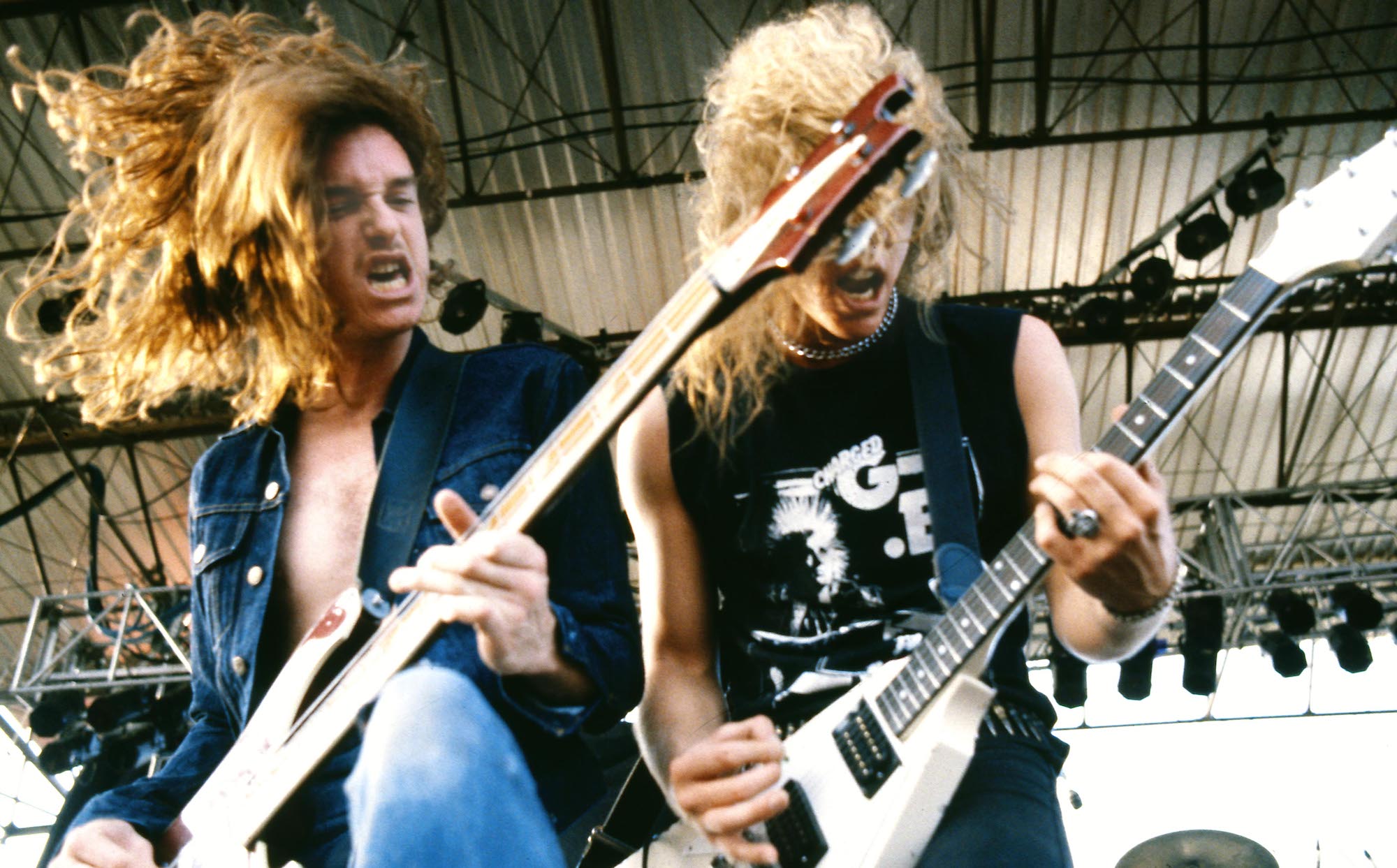Metallica’s Robert Trujillo: “Cliff’s approach was, ‘I’m gonna play what I feel, and if you don’t like it, screw you!’”
Trujillo remembers bass guitar’s ultimate metal maverick, Cliff Burton

Born on February 10, 1962, in Castro Valley, California, Cliff Burton had three years in Metallica, recording three groundbreaking albums.
1983’s Kill ‘Em All, featured jaw-dropping bass guitar solo (Anesthesia) Pulling Teeth, which stamped Burton's identity firmly on the emerging thrash metal movement. Ride the Lightning, released a year later, saw Cliff at his best on Call of Ktulu and For Whom the Bell Tolls, while Metallica fans would argue that his creative peak came on 1986’s Master of Puppets.
“Cliff was absolutely amazing for Metallica,” said Robert Trujillo, Metallica’s bass player since 2003. “His ideas, his presence, and where he was taking the bass and taking metal, were so special. And his stage presence – he was such a physical player. He played what he felt, and that was the bottom line. His approach was, “I’m gonna play what I feel, and if you don’t like it, screw you!'”
Cliff would undoubtedly have made an even greater impact on the heavy metal and hard-rock worlds had his life not been cut short at the age of only 24. Following his tragic death in a bus accident in 1986, the band hired Jason Newsted, who helped them reach superstardom before his departure in 2001, which led to the appointment of Robert Trujillo.
“When I auditioned for Metallica in 2002, I was playing in Ozzy Osbourne’s band with one of Cliff’s best friends, Mike Bordin of Faith No More,” says Trujillo.
“I was staying at Mike’s house in San Francisco and in the guest room at Mike’s house, where I would be practising Metallica’s music, there is a big photo of Cliff - and at a random moment at two in the morning, I looked up and saw that photo. I actually spoke to the photo. I said, ‘Cliff, I won’t let you down, I promise. I’ll give it my best shot.’ So in a weird way I feel connected to Cliff. I feel like I know him."
For Trujillo, learning Cliff’s basslines presented quite a challenge. “When I learned The Call of Ktulu, I really directed Cliff’s bass parts and took a lot of pride in doing that. I really wanted to know it, and feel it, and get it into my soul, so I spent time with it.”
Cliff gave the band’s early albums a unique charisma that has never been obscured, despite the enormous success which the group achieved in the 1990s and beyond. “No disrespect to my brothers in Metallica, but Cliff was older than the other guys, and in a lot of ways a better musician,” says Trujillo. “He had a very broad creative skill set – a musician’s musician, in a lot of ways.
"He could play the piano and he knew classical music, as well as being a fan of Lynyrd Skynyrd. He used to ask Kirk to show him Lynyrd Skynyrd guitar solos so he could play them on bass, and not many bass players were doing that back then. I thought that was so cool. Cliff was a force on a lot of different levels.”

- Joel McIver’s book, To Live Is To Die: The Life and Death of Metallica’s Cliff Burton, is available now.
All the latest guitar news, interviews, lessons, reviews, deals and more, direct to your inbox!

Nick Wells was the Editor of Bass Guitar magazine from 2009 to 2011, before making strides into the world of Artist Relations with Sheldon Dingwall and Dingwall Guitars. He's also the producer of bass-centric documentaries, Walking the Changes and Beneath the Bassline, as well as Production Manager and Artist Liaison for ScottsBassLessons. In his free time, you'll find him jumping around his bedroom to Kool & The Gang while hammering the life out of his P-Bass.

